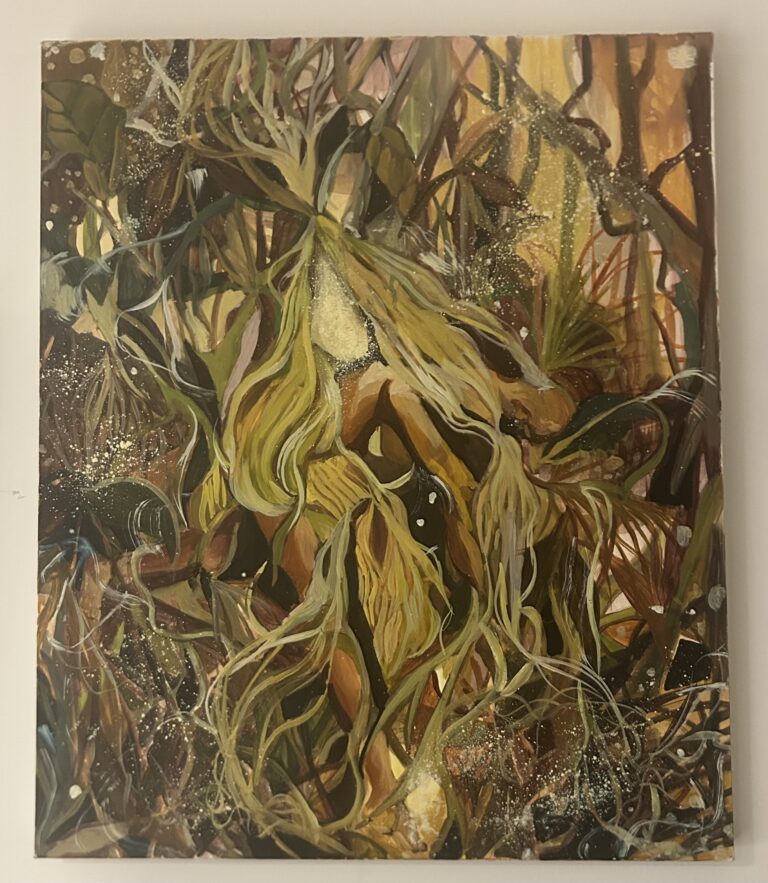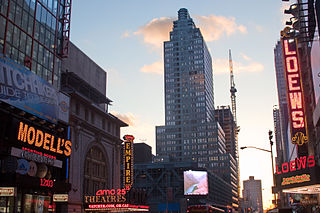I few weeks ago, I spent the weekend in New York City. A friend from both elementary and high school ( that would be primary and secondary school to my international subscribers) is a playwright. Her latest work was part of a reading series by a legendary African American theatre company. Of course, my excitement was palpable. New York City is not only one of my favorite urban centers, but it’s the world’s favorite cities. As an artist, we strive to say that our work is on display in the Big Apple. New York is a badge of success for an artist, and I was proud that one of my own made her presence known in the big city. After a full day exploration, I arrived at the theatre full of enthusiasm, ready to take part in what is my first love, stage work. Theatre is where I cut my teeth, where I found purpose and confidence that I was multi-talented. I wasn’t a performance phenom by any means, but I did know a lot, and producing was where my power lied. The night of the performance, I immediately recognized the great job on stage but what I saw off stage caught my attention. There was a nice sized audience that impressed me because this was just a reading, but there was a $25 ticket charge. However, just by audience comments and listening to management, I had proof of what has been the conversation in the artwork for some time: Black Theatre is in on life support. I won’t quote statistics because you have read them all. Black theatre companies are struggling or closing from Miami to Minneapolis. Black theatre does not have the donor base of their non-Black peers; they have an aging audience, and the talent that we have is more interested the bright lights of film or music. Many Black theatre companies are led by former actors that started out as novices, trying to keep alive the groups that became family to them.
As I traveled back to my Brooklyn studio, I thought about the four African-American theatre companies that I knew of intimately. I thought about their history, their struggle and how they compared to non-Black theatre companies that I also frequent. Often, Black theatre companies operated at the 20-year mark the way a new company did. I stepped into my arts administration shoes and thought of ways that I would help push our companies forward.
Audience development is an ongoing concern and project for all theatre companies. There is always a push for a younger audience and a paying audience. You can’t keep the footlights on without paying customers. I would push for theatrical events that attracted a young adult audience and children all while keeping production costs and casts small. Even guerrilla theatre and experimental theatre would be a part of the season as a way to stretch the companies and their communities. The next task would be to attract young professionals to the board and staff as well as introduce crowd funding. As someone who has evaluated grant applications, nothing makes an evaluator giddy like seeing an organization acquire funds outside of grant writing. Even starting small not only helps with revenue, but brings attention to the company. As simple as it seems, I’ve yet to see the connection or these ideas come to fruition. While there is a myriad of events that have brought Black theatre to its current state, there is a strong need for new ideas and energy to keep it relevant. We cannot depend on having our stories told once a year by companies that do not invest in us. Our story is global, diverse and needs diverse and stable platforms. With the right guidance, our Black theatre companies can write a new chapter for their communities.









